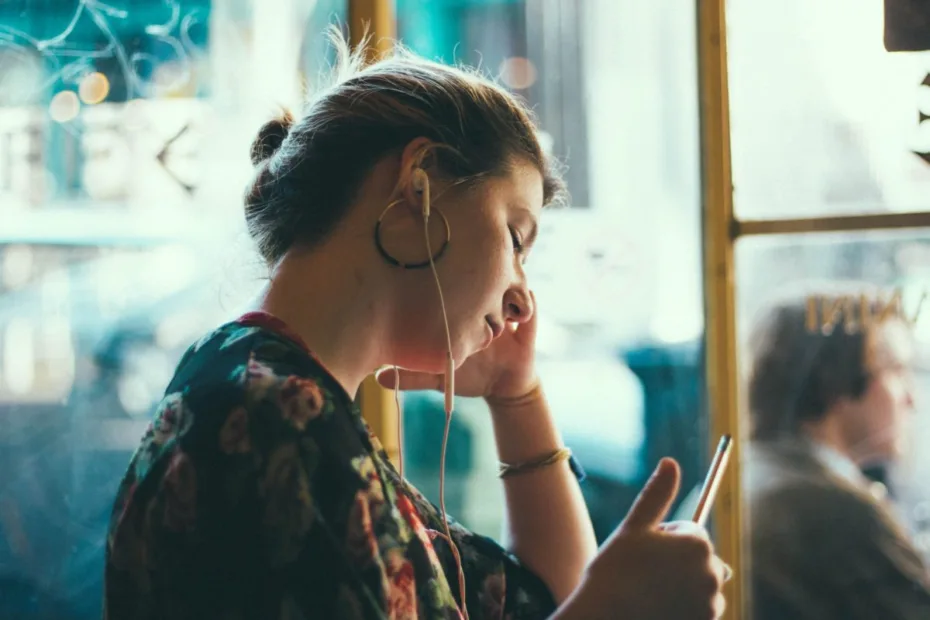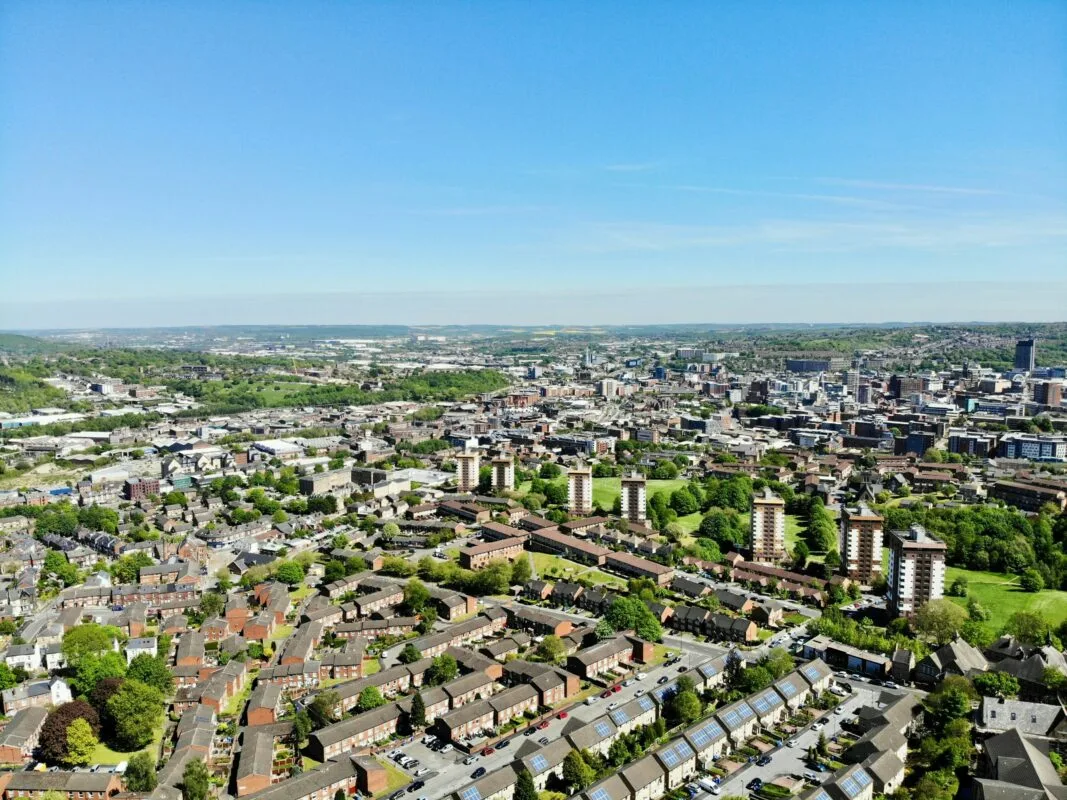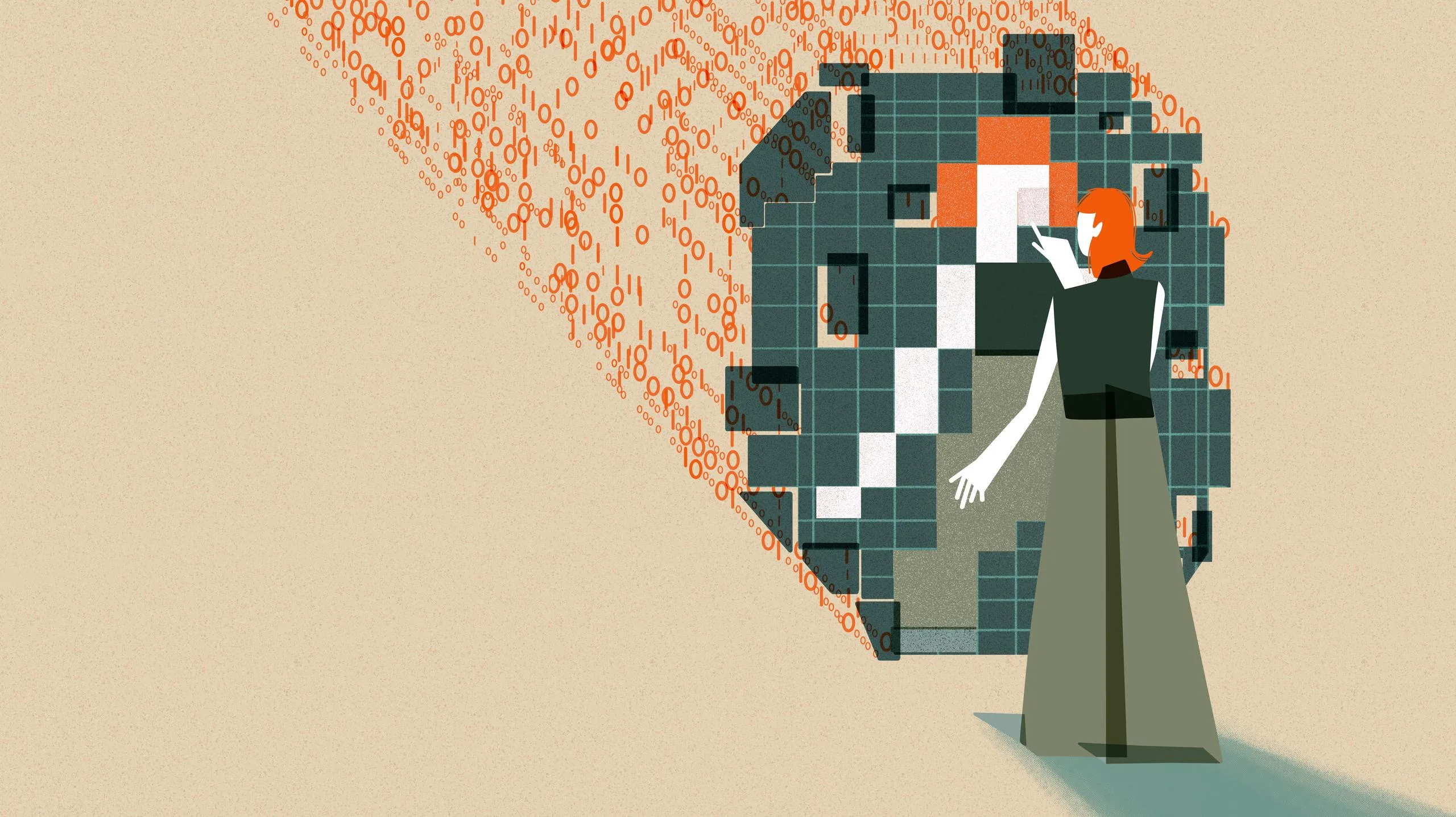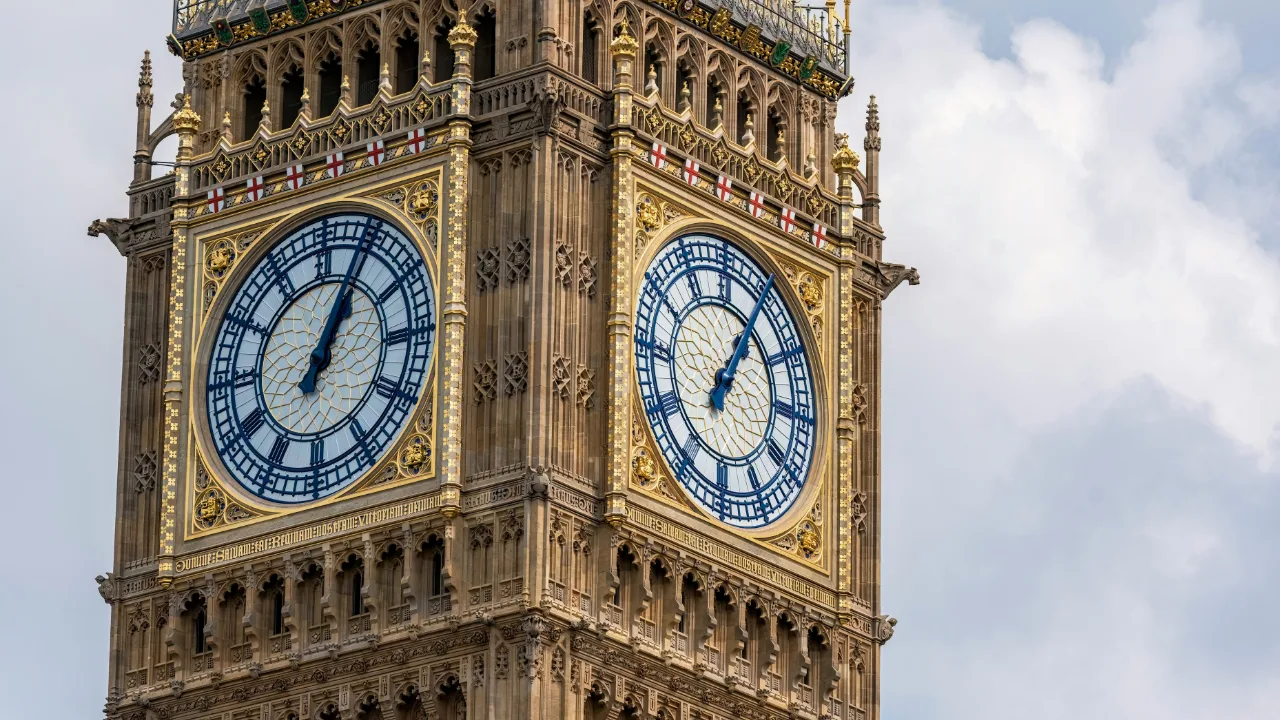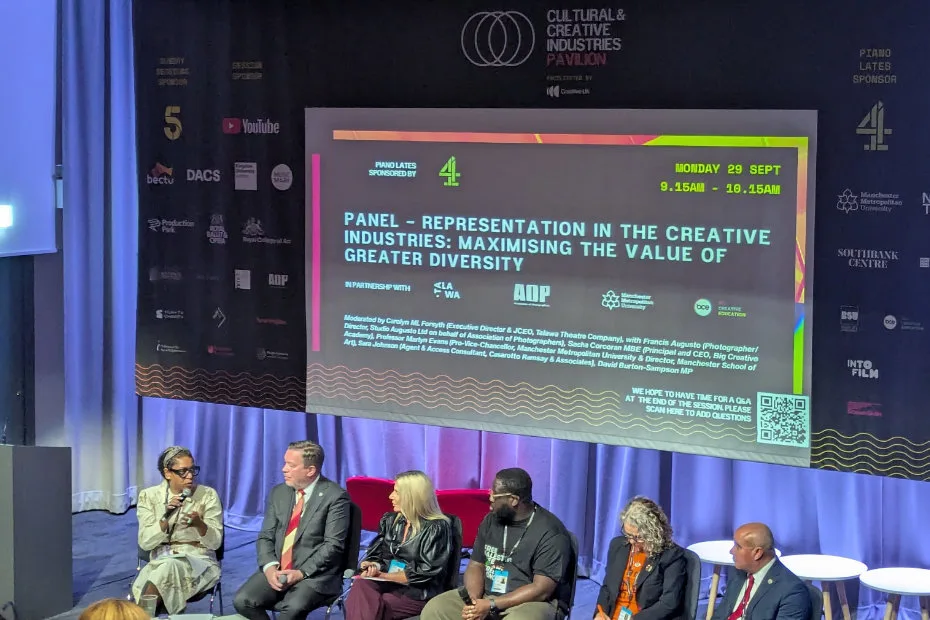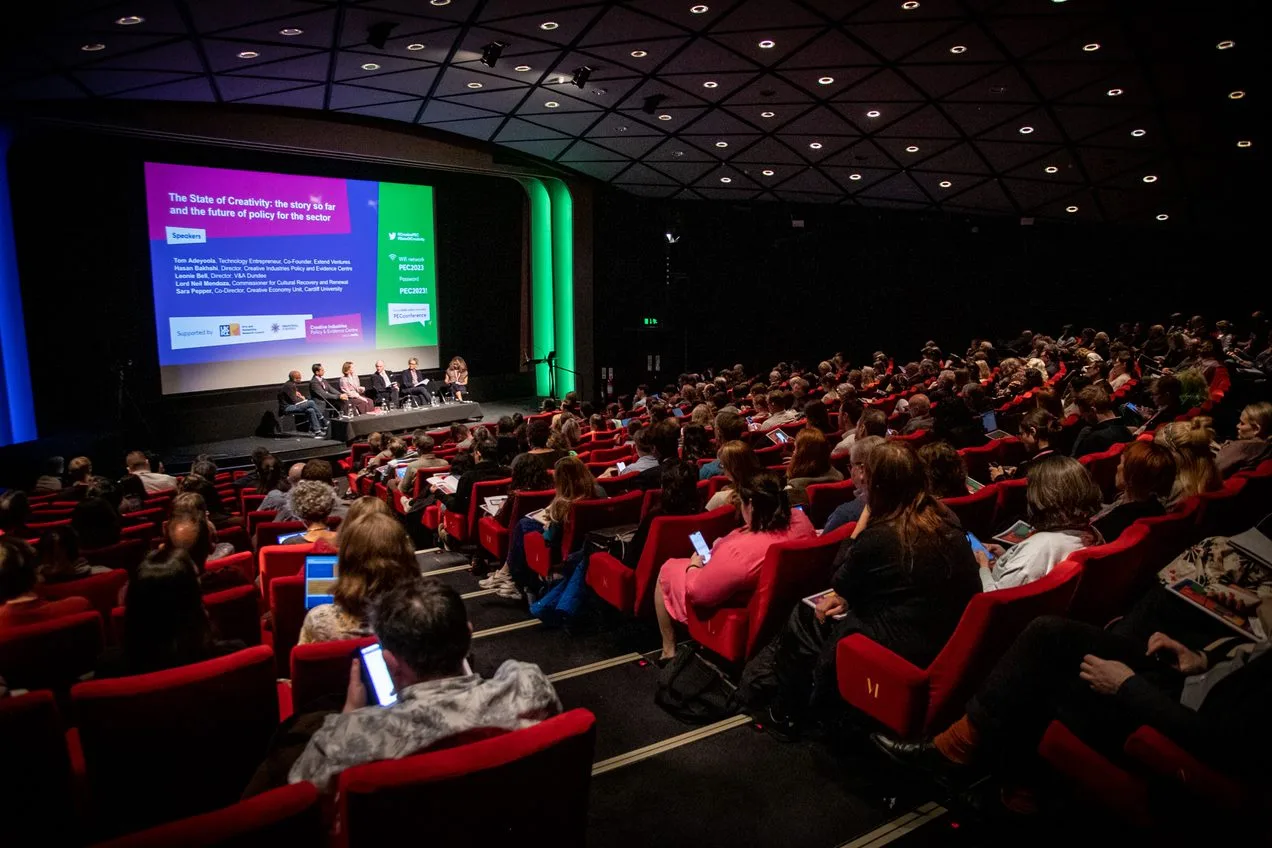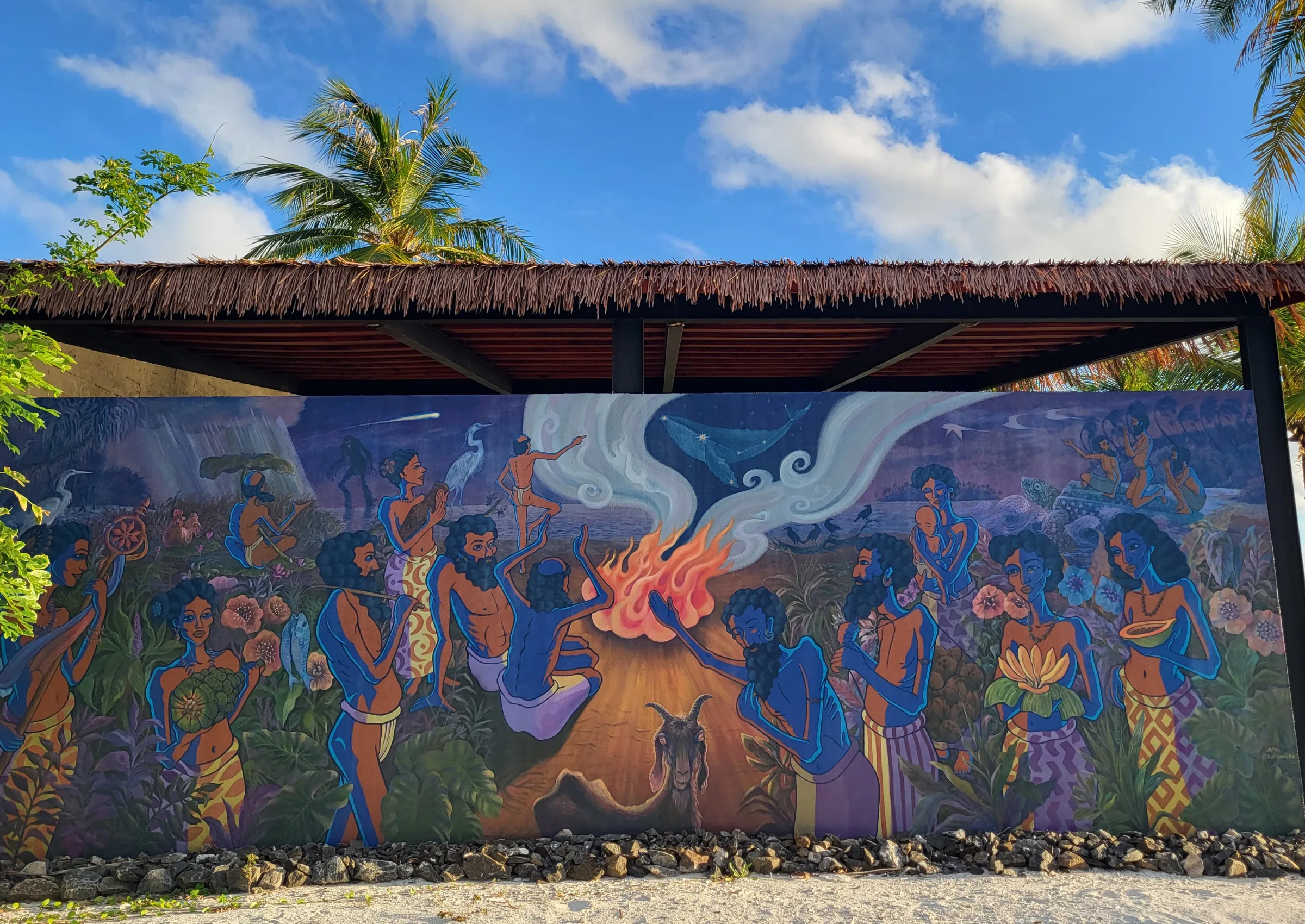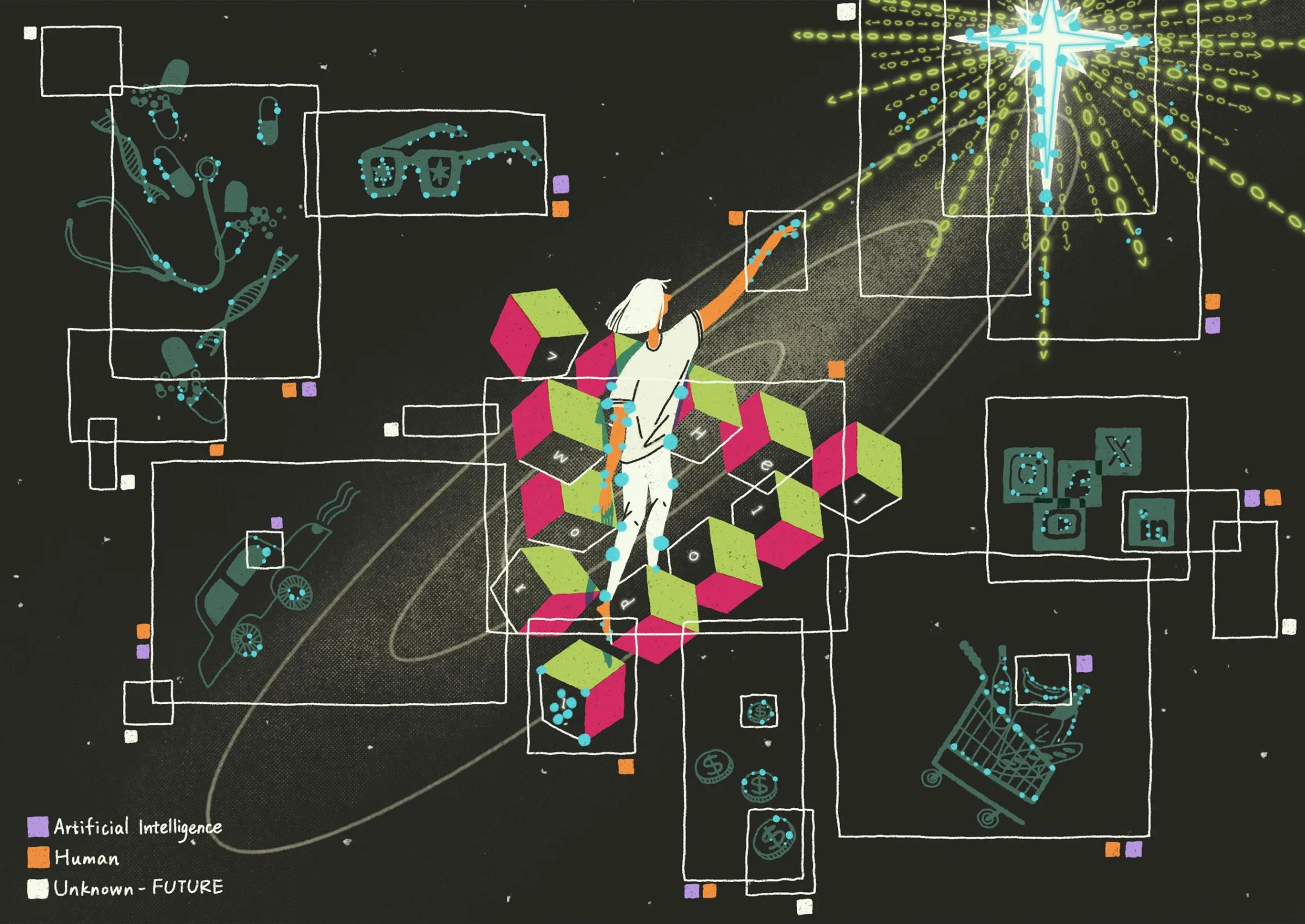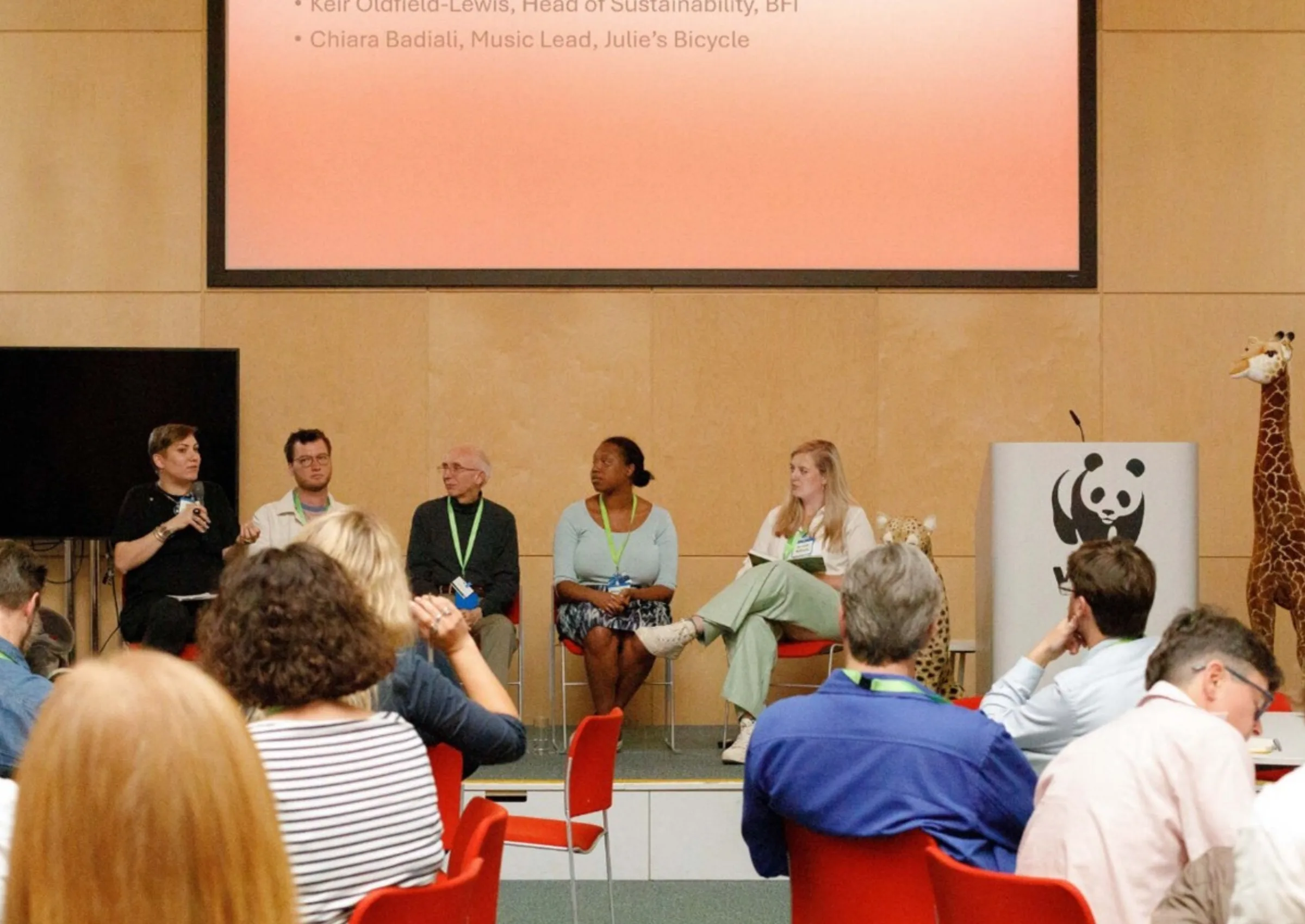The sudden outbreak of COVID-19 and the lockdown has led to unprecedented changes in how we live, including the ways in which we interact with cultural content. Movement restrictions leading to more time in the home, the mental wellbeing consequences of social distancing and the huge economic uncertainties, are all likely to disrupt how the public accesses digital content in the coming weeks and months, and very likely in the long term.
Monitoring the nature and impacts of these disruptions is essential for understanding the human experience as the crisis evolves. But it is critically important to understand the impact that the crisis is having on the Creative Industries, like film, TV, music, video games, publishing and theatre, too. In different ways these sectors generate billions of £ of value added for the UK economy through physical engagement with consumers.
To meet this need, the Creative Industries Policy and Evidence Centre (PEC) is partnering with the Intellectual Property Office (IPO) and research agency, AudienceNet to follow a cohort of 1,000 consumers over a six-week period of time.
The survey builds upon the IPO’s Online Copyright Infringement (OCI) Tracker Survey, which has been running since 2012. With nine years of data already collected, the OCI Tracker provides unique historical data, on infringement behaviours as well as other topics that help to contextualise and explain these behaviours. This includes general consumption habits for different content categories, as well as broader consumer attitudes. By using many identical questions on consumer behaviour from the OCI Tracker, our study provides us with a unique opportunity to compare consumer behaviours during the crisis period with historical trends.
The survey is being conducted each week over six weeks (9th April to 24th May 2020) with the target of collecting a complete set of responses from 1,000 consumers aged 16+ and who are representative of the UK population. The main focus of the survey is on five content categories: Music, Film, TV, Video Games and E-publishing, but it also covers a range of non-traditional digital activities that consumers seem to be embracing since the COVID-19 crisis has started, such as watching filmed performances of theatre, concerts and dance shows and looking at art, paintings and photographs online.
In the first week’s survey (9th to 19th April 2020), we find that:
- COVID-19 has had a notable impact on mental wellbeing, with a drop in satisfaction and feelings of worth and happiness, while feelings of anxiety have increased very substantially, as reported in ONS survey data too. Because our study asks questions of the same individuals each week we should be able to test over time how wellbeing varies with cultural engagement.
- All categories of content in the survey play an important role in helping people deal with challenging life circumstances such as the COVID-19 crisis. The positive effect of music is especially notable, with 90% agreeing that music helps them deal with challenging life circumstances.
- Individuals report to spending significant amounts of time consuming cultural content each day. The median time spent by consumers of each content category are:
- Music: three hours
- Film: three hours
- TV: four hours
- Video games: three hours
- Books: two hours
(It is to be expected of course that in some cases two or more categories of content are consumed at the same time).
- Consumers are embracing a range of non-traditional content since the COVID-19 crisis started. Of all the cultural content types explored, watching filmed performances of theatre, concerts and/or dance shows online has seen the biggest percentage share of respondents reporting to either consume this content more frequently or for the first time, followed by looking at art, paintings and photographs online.
- The trend for streaming content to grow rapidly in importance compared with downloading seen in recent years has continued. In the case of music, 43% report to having streamed in the past week alone, compared with 40% who had reported having streamed in the previous three months in March/April 2019. We cannot say with certainty how much of this rise reflects an increase during the COVID-19 period specifically, but it is suggestive that the percentage that reported having streamed in the past week is almost as high as those having reported as having streamed in the previous three months. With film, 46% report having streamed in the previous week, compared with 34% who had reported having streamed in the previous three months in March/April 2019. Again, the indications are that much of this rise coincides with the crisis, with the percentage of individuals reporting having streamed in the previous three months being only 8pp higher than in the previous week at 54%.
- The percentage of individuals reporting having downloaded or accessed video games online in the previous three months was notably greater, at 28% compared with 22% in March/April 2019. These consumers also report to spend roughly double on downloading games using services like Apple App Store, Google Play, Playstation, Xbox Store or Steam than consumers using paid for subscription services for music, film and TV.
Real-time findings based on cohort data such as this Digital Culture Consumer Panel provide valuable insights for the Creative Industries, but also for the policymakers that are charged with supporting them. We look forward to reporting on how these consumption patterns change over the coming weeks.
Read the full report for week 1 and follow the weeks to come.
Photo by Siddharth Bhogra
The PEC’s blog provides a platform for independent, evidence-based views. All blogs are published to further debate, and may be polemical. The views expressed are solely those of the author(s) and do not necessarily represent views of the PEC or its partner organisations.
Related Blogs
Research resources on Creative Clusters
We’ve collated recent Creative PEC reports to help with the preparation of your Creative Cluster bid…
What UK Job Postings Reveal About the Changing Demand for Creativity Skills in the Age of Generative AI
The emergence of AI promises faster economic growth, but also raises concerns about labour market di…
Creative PEC’s digest of the 2025 Autumn Budget
Creative PEC's Policy Unit digests the Government’s 2025 Budget and its impact on the UK’s creative …
Why do freelancers fall through the gaps?
Why are freelancers in the Performing Arts consistently overlooked, unseen, and unheard?
Insights from the Labour Party Conference 2025
Creative PEC Policy Adviser Emily Hopkins attended the Labour Party Conference in September 2025.
Association of South-East Asian Nations’ long-term view of the creative economy
John Newbigin examines the ASEAN approach to sustainability and the creative economy.
Culture, community resilience and climate change: becoming custodians of our planet
Reflecting on the relationship between climate change, cultural expressions and island states.
Cultural Industries at the Crossroads of Tourism and Development in the Maldives
Eduardo Saravia explores the significant opportunities – and risks – of relying on tourism.
When Data Hurts: What the Arts Can Learn from the BLS Firing
Douglas Noonan and Joanna Woronkowicz discuss the dangers of dismissing or discarding data that does…
Rewriting the Logic: Designing Responsible AI for the Creative Sector
As AI reshapes how culture is made and shared, Ve Dewey asks: Who gets to create? Whose voices are e…
Reflections from Creative Industries 2025: The Road to Sustainability
How can the creative industries drive meaningful environmental sustainability?
